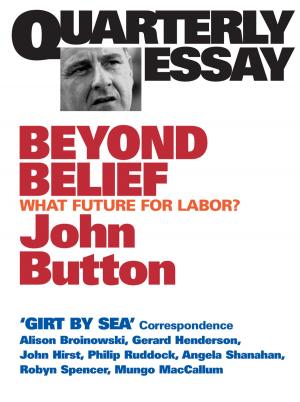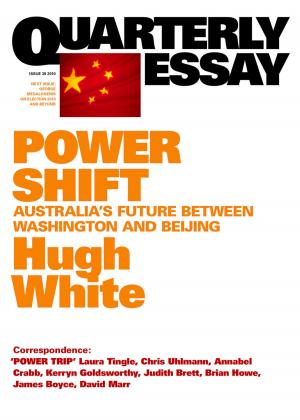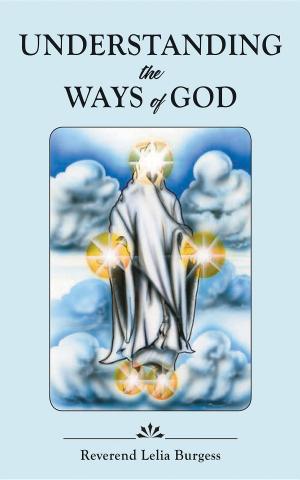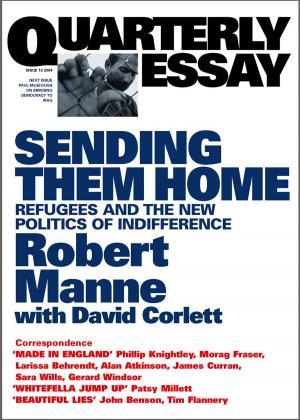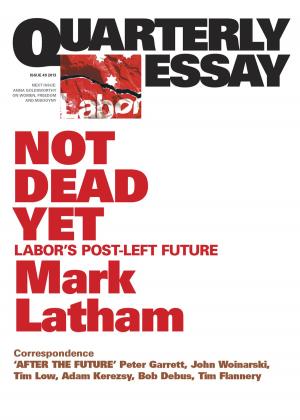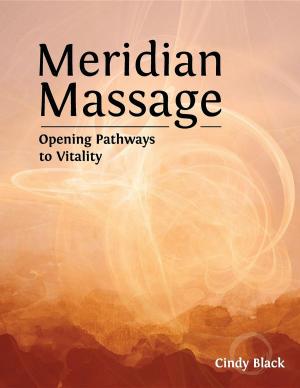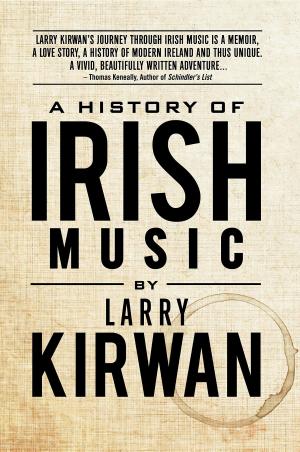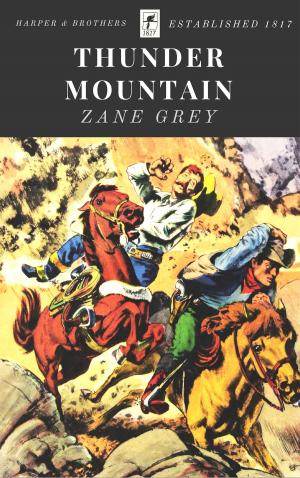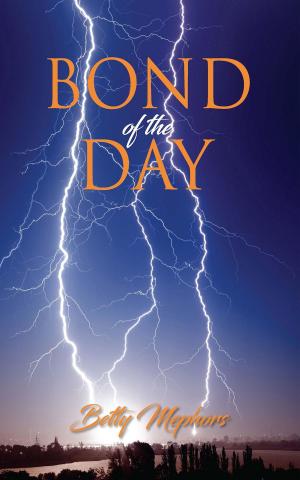Quarterly Essay 46 Great Expectations: Government, Entitlement and an Angry Nation
Government, Entitlement and an Angry Nation
Nonfiction, Social & Cultural Studies, Political Science, Government| Author: | Laura Tingle | ISBN: | 9781921870644 |
| Publisher: | Black Inc. | Publication: | June 2, 2012 |
| Imprint: | Quarterly Essay | Language: | English |
| Author: | Laura Tingle |
| ISBN: | 9781921870644 |
| Publisher: | Black Inc. |
| Publication: | June 2, 2012 |
| Imprint: | Quarterly Essay |
| Language: | English |
Rather than relaxed and comfortable, Australians are disenchanted with politics and politicians. In Quarterly Essay 46 Laura Tingle shows that the reason for this goes to something deep in Australian culture: our great expectations of government. Since the deregulation era of the 1980s, Tingle finds, governments can do less, but we wish they could do more. From Hawke to Gillard, each prime minister has grappled with this dilemma. Keating sought to change expectations, Howard to feed a culture of entitlement, Rudd to reconceive the federation. Through all of this, and back to our origins, runs an almost childlike sense of the government as saviour and provider that has remained constant even as the world has changed.Now we are an angry nation, and the Age of Entitlement is coming to an end. What will a different politics look like? And, Tingle asks, even if a leader surfs the wave of anger all the way to power, what answer can be given to our great expectations? It is wrong to see the anger of the last few years as a one-off, which might go away at the next election. The things we are angry about betray the changes that have been taking place over recent decades. Politicians no longer control interest rates, the exchange rate, or wages, prices or industries that were once protected or even owned by government. Voters are confused about what politicians can do for them in such a world. Laura Tingle, Great ExpectationsLaura Tingle is political editor of the Australian Financial Review. She won the Paul Lyneham Award for Excellence in Press Gallery Journalism in 2004, and Walkley awards in 2005 and 2011. In 2010 she was shortlisted for the John Button Prize for political writing. She appears regularly on Radio National Drive and ABC-TVs Insiders.
Rather than relaxed and comfortable, Australians are disenchanted with politics and politicians. In Quarterly Essay 46 Laura Tingle shows that the reason for this goes to something deep in Australian culture: our great expectations of government. Since the deregulation era of the 1980s, Tingle finds, governments can do less, but we wish they could do more. From Hawke to Gillard, each prime minister has grappled with this dilemma. Keating sought to change expectations, Howard to feed a culture of entitlement, Rudd to reconceive the federation. Through all of this, and back to our origins, runs an almost childlike sense of the government as saviour and provider that has remained constant even as the world has changed.Now we are an angry nation, and the Age of Entitlement is coming to an end. What will a different politics look like? And, Tingle asks, even if a leader surfs the wave of anger all the way to power, what answer can be given to our great expectations? It is wrong to see the anger of the last few years as a one-off, which might go away at the next election. The things we are angry about betray the changes that have been taking place over recent decades. Politicians no longer control interest rates, the exchange rate, or wages, prices or industries that were once protected or even owned by government. Voters are confused about what politicians can do for them in such a world. Laura Tingle, Great ExpectationsLaura Tingle is political editor of the Australian Financial Review. She won the Paul Lyneham Award for Excellence in Press Gallery Journalism in 2004, and Walkley awards in 2005 and 2011. In 2010 she was shortlisted for the John Button Prize for political writing. She appears regularly on Radio National Drive and ABC-TVs Insiders.

